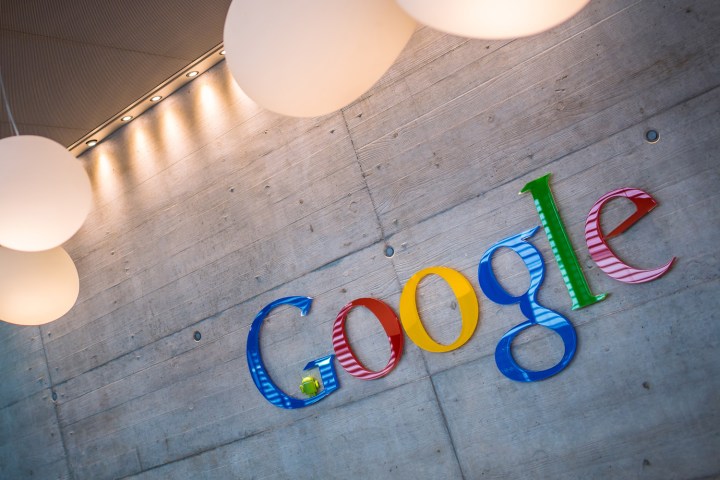
Here’s how it works: search for an type of physical discomfort or illness on Google — e.g., “headache,” “pneumonia,” “sore throat,” “stuffy nose,” “bruised eye” and the like — and you’ll be presented with related symptoms in a new “conditions” panel below the search bar. Click on an individual condition you’ll be presented with a “card” overview replete with a detailed description, treatment tips, and signs of ailments that might require a doctor’s visit.
Symptom checker is informed mostly by Knowledge Graph, the Google-made database tool that aggregates information from a swath of sources and transforms it into a human-readable format. But since the accuracy of medical data’s a bit more crucial than, say, the casts of hit movies from the past few decades, Google’s recruited medical professionals from Harvard Medical School, the Mayo Clinic, and other institutions to double-check sources for accuracy. And the curation effort soon will extend further — in the next few weeks, symptom check will “automatically” begin to ask folks how its results can be improved, said Google.

“Our goal is to help you to … quickly get to the point where you can do more in-depth research on the web or talk to a health professional,” said Google product manager Veronica Pinchin in a blog post — in other words, a tool to help save you hours browsing siloed sources like forums, medical databases, and social networks. And it’s a quick way to suss out simple medical mysteries like a persistently scratchy throat, for instance, without scouring Wikipedia for clues. “Health content on the web can be difficult to navigate, and tends to lead people from mild symptoms to scary and unlikely conditions,” said Pinchin. “[Symptom checker aims to] help you to navigate and explore health conditions related to your symptoms.”
Symptom checker launches in Google’s Android and iOS search app today. It’s only available in the U.S. in English, for now, but Google’s working on addition additional languages, countries, and enhancements that’ll roll out in the coming months. “Over time, we hope to cover more symptoms,” Pinchin told the Wall Street Journal. “We can’t replace doctors who diagnose patients or come up with treatment plans, but we want to help improve the conversation. One of our big focuses here is making this all very accessible.”
Editors' Recommendations
- Arc Search, one of the best iPhone apps right now, just got even better
- Here are the 7 new emoji coming to your iPhone with iOS 18
- Google just announced 10 huge updates for your Android phone
- Everything announced at Google I/O 2024
- Google is bringing AI superpowers to your smartphone camera, and it looks ridiculous
